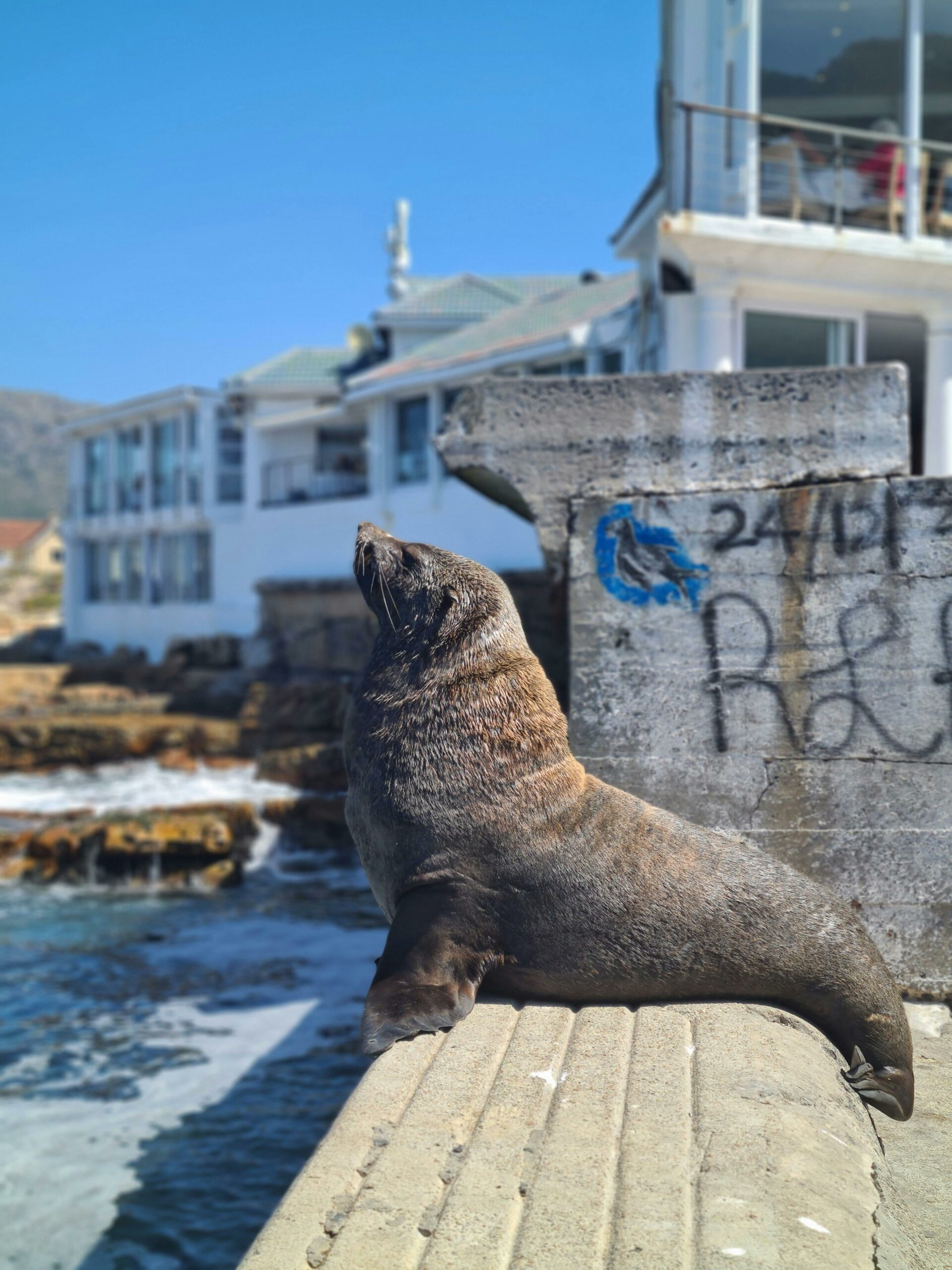
The Department of Agriculture has issued a crucial warning to South Africans and travellers about high-risk rabies areas across the country, highlighting the potentially deadly viral disease that affects not only dogs but also Cape fur seals and various other mammals.
With human fatalities already reported from rabies infections transmitted by dogs in KwaZulu-Natal, Eastern Cape, and Limpopo in 2025, the urgency for public awareness can’t be overstated.
Rabies, a disease carried by all mammals, is transmitted via the saliva of infected animals through bites, scratches, and licks. Once clinical signs appear, the disease leads to brain damage, and without immediate intervention, it is fatal.
The department reminds the public that rabies is preventable through routine vaccinations of pets and prompt medical treatment for anyone exposed to an infected animal.
The grim reality is that rabies has become endemic among the Cape fur seal population, with cases being reported along Cape beaches.
Travellers engaging in coastal excursions are urged to exercise caution around these marine mammals, as they can carry not only rabies but also other transmissible diseases and pose physical risks with their sharp teeth. “Observers should maintain a respectful distance from seals, especially mothers with pups, to avoid aggressive encounters.”
Symptoms of rabies in animals are unmistakable; they may exhibit abnormal behaviour, excessive drooling, paralysis, difficulty swallowing, continuous vocalisation, or aggression. Others may appear weak or comatose, indicating advanced disease progression.

The department stresses the importance of avoiding contact with stray animals and reporting any suspicious behaviour to local state veterinary offices or authorities.
Rabies is pervasive across all nine provinces, further complicating the landscape of public health. The highest prevalence of rabies among dogs, which poses the greatest threat to humans, continues to be reported in KwaZulu-Natal, Eastern Cape and Limpopo.
Concurrently, rabies in Cape fur seals has penetrated coastal regions of Northern Cape, Western Cape, and Eastern Cape, extending as far as Algoa Bay.
“In the event of a bite, scratch, or lick from a potentially rabid animal, immediate action is required. Individuals should thoroughly wash the affected area with soap and water for no less than 15 minutes and seek medical attention promptly at the nearest clinic or hospital.”
“This rapid response is essential to mitigating the risk of rabies infection. It is also a legal requirement for all dogs and cats to receive appropriate rabies vaccinations throughout their lives.”
“As responsible pet owners, it is crucial to keep animals leashed and under control to reduce the risk of encounters with wildlife and other stray animals,” The department said.
First published by Cape {Town} etc
Also see: Best spots to whale watch with Cape top tours




